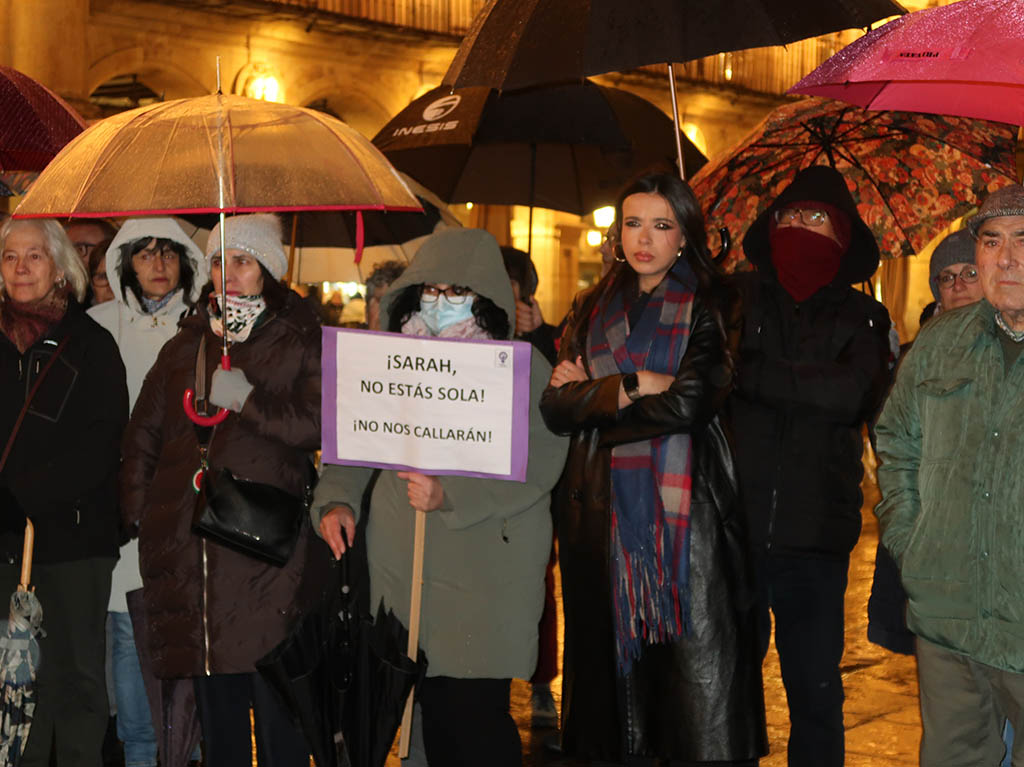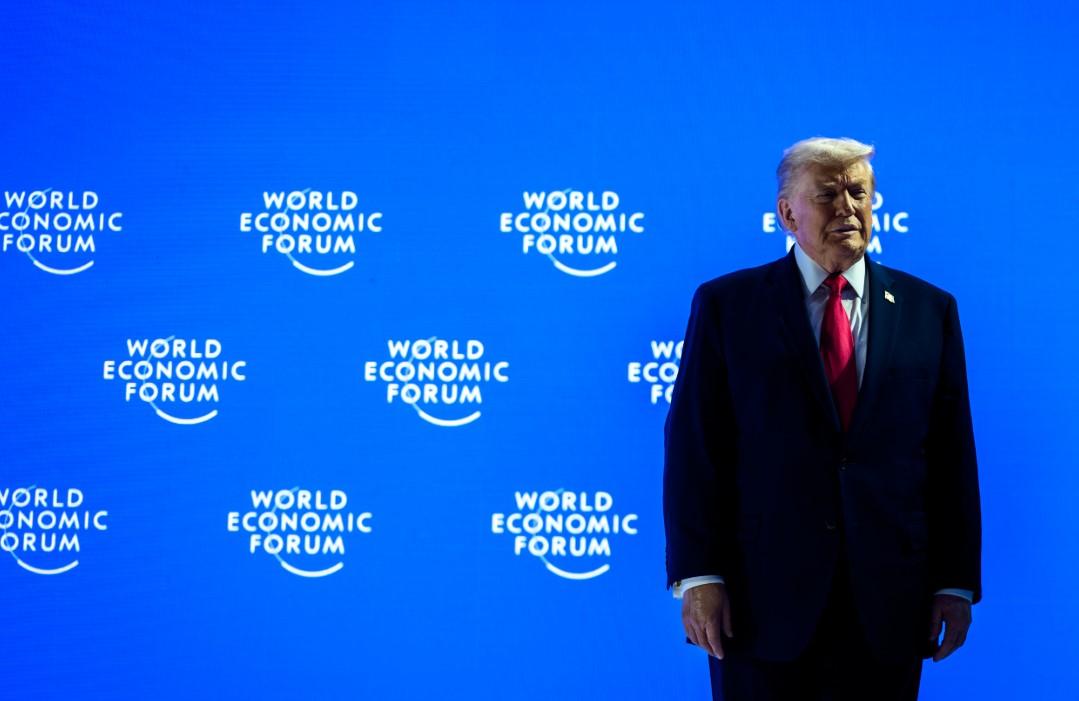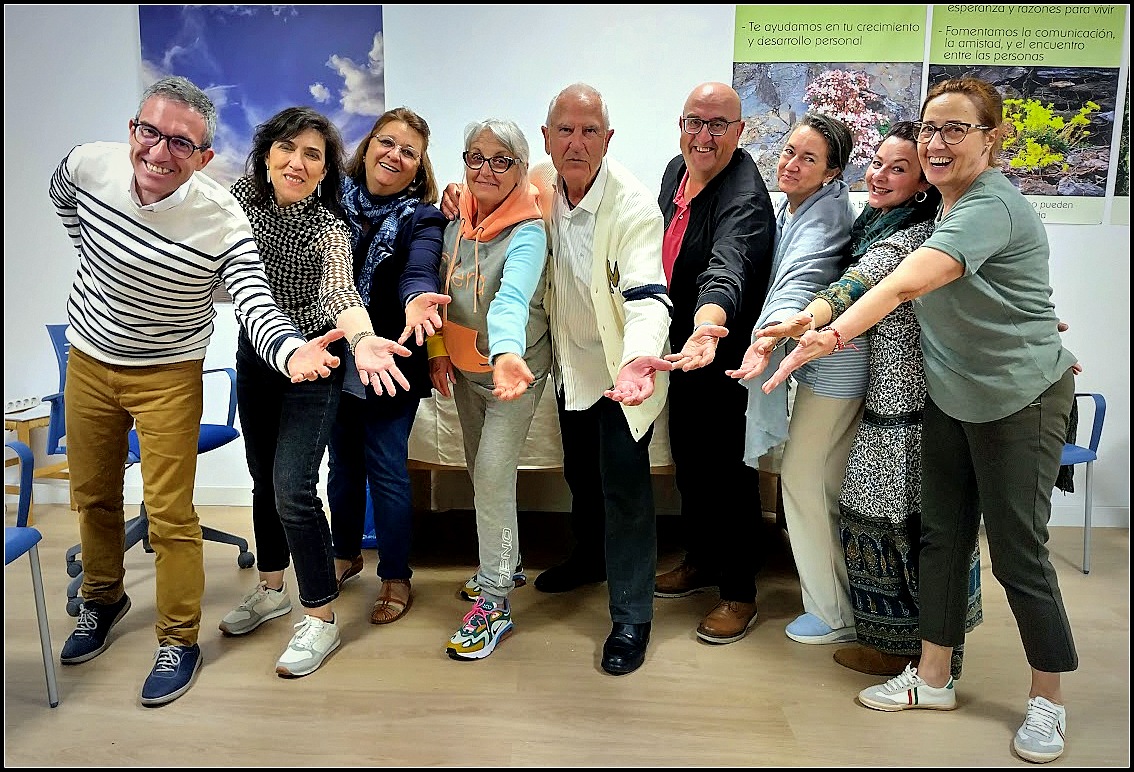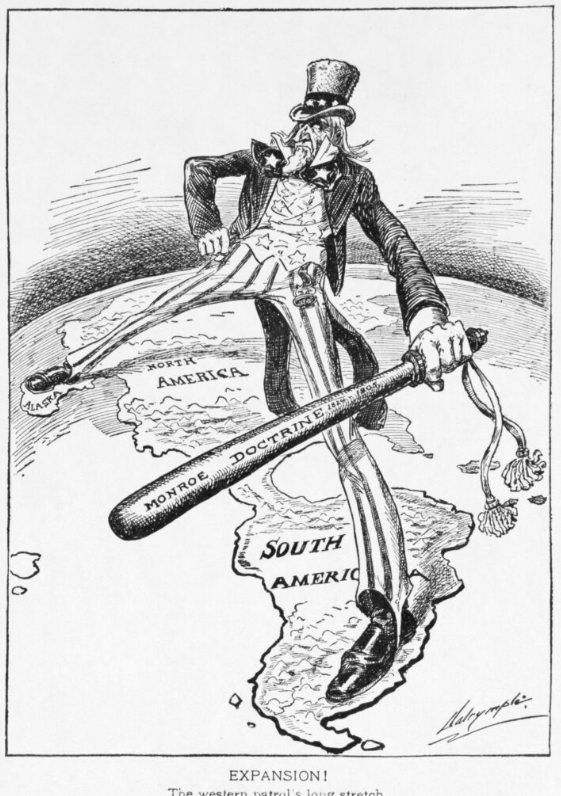[dropcap]E[/dropcap]l entorno dónde se realiza la actividad es tan importante como su desarrollo. Todos sabemos que la pluralidad de ambientes, tanto naturales como históricos y sociales, y sus condiciones influyen en lo que hacemos de tal manera que, si no es perfectamente entendido, las dificultades para conseguir el éxito se multiplican.
Las compañías multinacionales y sus trabajadores conocen esto perfectamente; estudian las oportunidades y amenazas para su actividad en el país elegido, analizando su legislación, cultura, intereses, gustos, comportamientos, etc.
Las estrategias empresariales de internacionalización pueden fijarse con un alto grado de fiabilidad, pero… ¿y los profesionales?
Cuando una empresa opta por enviar profesionales a otros países se han de considerar aspectos como:
La cultura. La tradición y costumbres son muy diferentes, aún en países con influencias y orígenes similares. Hemos de tenerlo en cuenta cuando estamos en territorio ajeno. ¡Las imposiciones no son recomendables!
La transmisión de conocimiento. El conocimiento y modos de hacer de la empresa se deben transmitir con rigor, pero con prudencia, es decir, haciendo comprender cada uno de los detalles claves y, al mismo tiempo, dando la oportunidad de que el profesional receptor los adapte a su idiosincrasia.
Respeto al hábitat. El desarrollo de la actividad debe ser respetuoso con el medio ambiente local manteniendo hábitos productivos sostenibles que conserven y mejoren, en la mayor medida posible, las condiciones de vida existentes.
Los profesionales expatriados deben poseer la información cultural, social y legal necesaria para una buena adaptación y óptimo desarrollo de su trabajo en su nuevo ambiente, sin olvidar el conocimiento de la lengua necesaria para la comunicación.
Como norma general se podría aplicar el refrán: ¡Allá donde fueres haz lo que vieres!
Where?: Be careful, we are not in our country!
[dropcap]T[/dropcap]he environment where the activity is carried out is as important as its development. We all know that the plurality of environments, both natural and historical and social conditions, and their influence on what we do so that, if not fully understood, the difficulties for success multiply.
Multinational companies and their workers know this perfectly; they study the opportunities and threats to their activity in the chosen country by analyzing their legislation, culture, interests, tastes, behavior, etc.
Business strategies of internationalization can be fixed with a high degree of reliability, but … what about the professionals?
When a company chooses to send professionals to other countries have to consider aspects such as:
Culture. Tradition and customs are very different, even in countries with similar influences and origins. We must take this into account when we’re in foreign territory. The impositions are not recommended!
The knowledge transmission. Knowledge and making ways from the company must be transmitted with rigor but wisely, ie, by understanding each of the key details and, at the same time, giving the opportunity to the receiving professional’s suits their idiosyncrasies.
Respect the habitat. The development of the activity must respect the local environment while maintaining sustainable productive habits to preserve and improve, as much as possible, existing conditions of life.
Expatriate professionals must possess the cultural, social and legal information necessary for a good fit and optimal development of their work in their new environment without forgetting the necessary language knowledge for communication.
As a general rule could apply the saying: when in Rome do as the Romans do!















